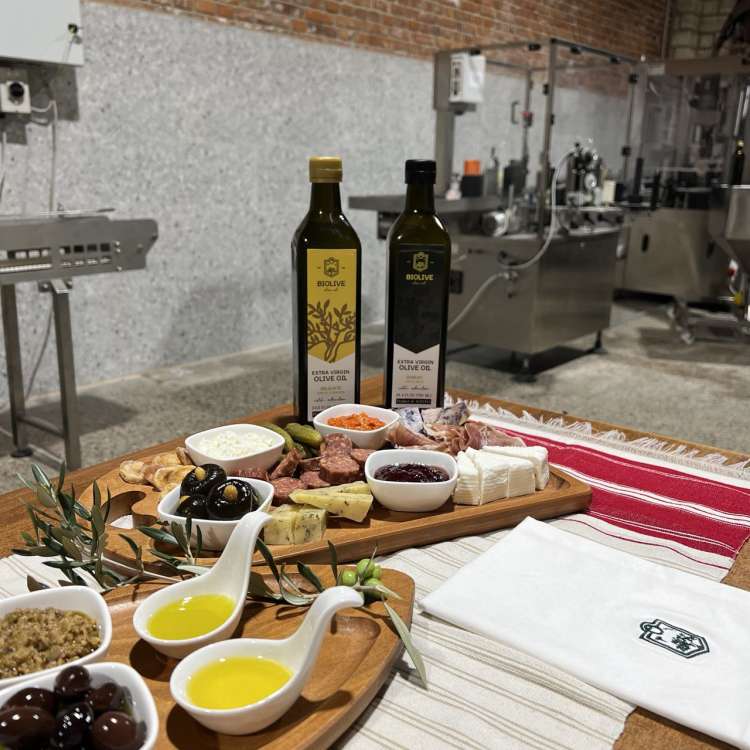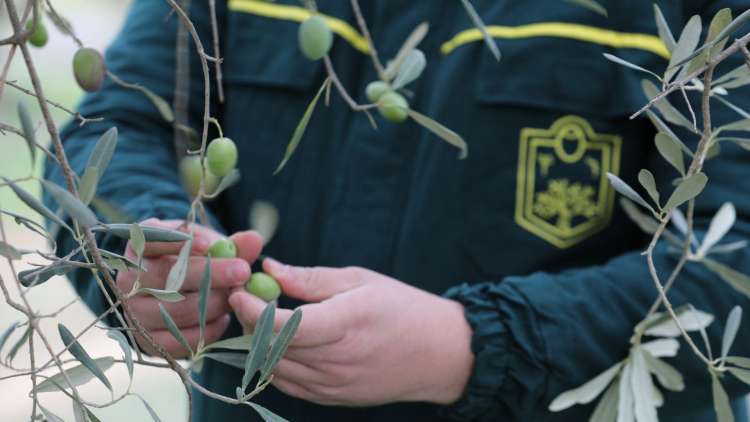Extra virgin olive oil, the quintessential Mediterranean diet ingredient, is a vital cornerstone. Its unrivaled health advantages have been uncovered in countless studies, and it transforms every dish it graces into an irresistible masterpiece.
Despite the fact that olive cultivation and oil extraction have been in practice for millennia, Liquid Gold remains shrouded in mystery to most. Bewildering advertising and conflicting information only exacerbate the lack of clarity.
While entire courses, even college curricula, are devoted to the production, health benefits, and culinary applications of this vital staple, there are fundamental facts that everyone should be aware of.
Not all olive oils are created equal.
Olive farmers and producers confront an array of constantly shifting conditions and make decisions based on their resources and target market.
To achieve the pinnacle of quality - extra virgin olive oil - producers must skillfully manage every aspect of production, at additional expense. Extra virgin denotes an oil devoid of flavor defects and passing extensive laboratory examinations. It signifies that the oil is solely composed of the juice from olives and nothing else.
Quality reigns supreme.
Exceptional extra virgin olive oil not only tantalizes the palate, but it also provides superior health advantages when compared to lower grades, such as virgin or pure olive oil.
Even among extra virgin oils, disparities in quality and value exist. For instance, those with heightened antioxidant levels possess a lengthier shelf life and contain more of the coveted nutrients, making them worth the extra expense.
Bitterness is a virtue.
Fresh olives impart bitterness, making the resulting oil similarly pungent. This bitterness is indicative of the beneficial nutrients found in high-quality extra virgin olive oil.
Fortunately, consumers have grown more accepting of bitter flavors. In other industries, such as beer, chocolate, and coffee, bitterness is associated with masterfully crafted products, and its popularity is on the rise.
Versatility is key.
It is widely recognized that olive oil can replace unhealthy fats in almost every recipe.
Whether poaching, baking, sautéing, or deep-frying, using extra virgin olive oil instead of butter or seed oils results in the healthiest option and the most delectable meals.
Maintain freshness.
Extra virgin olive oil's quality rapidly deteriorates once it is produced, due to exposure to air, heat, and light. In many cases, the oil is no longer extra virgin by the time it is consumed.
When purchasing, seek out a harvest or bottling date. The more recent, the better. If only a "best by" date is available, ensure it is at least a year away. Store the oil in a tightly sealed container in a cool, dark cupboard. Once opened, use it within one to two months.
SOURCE: OLIVE OIL TIMES, ABOUT OLIVE OIL


